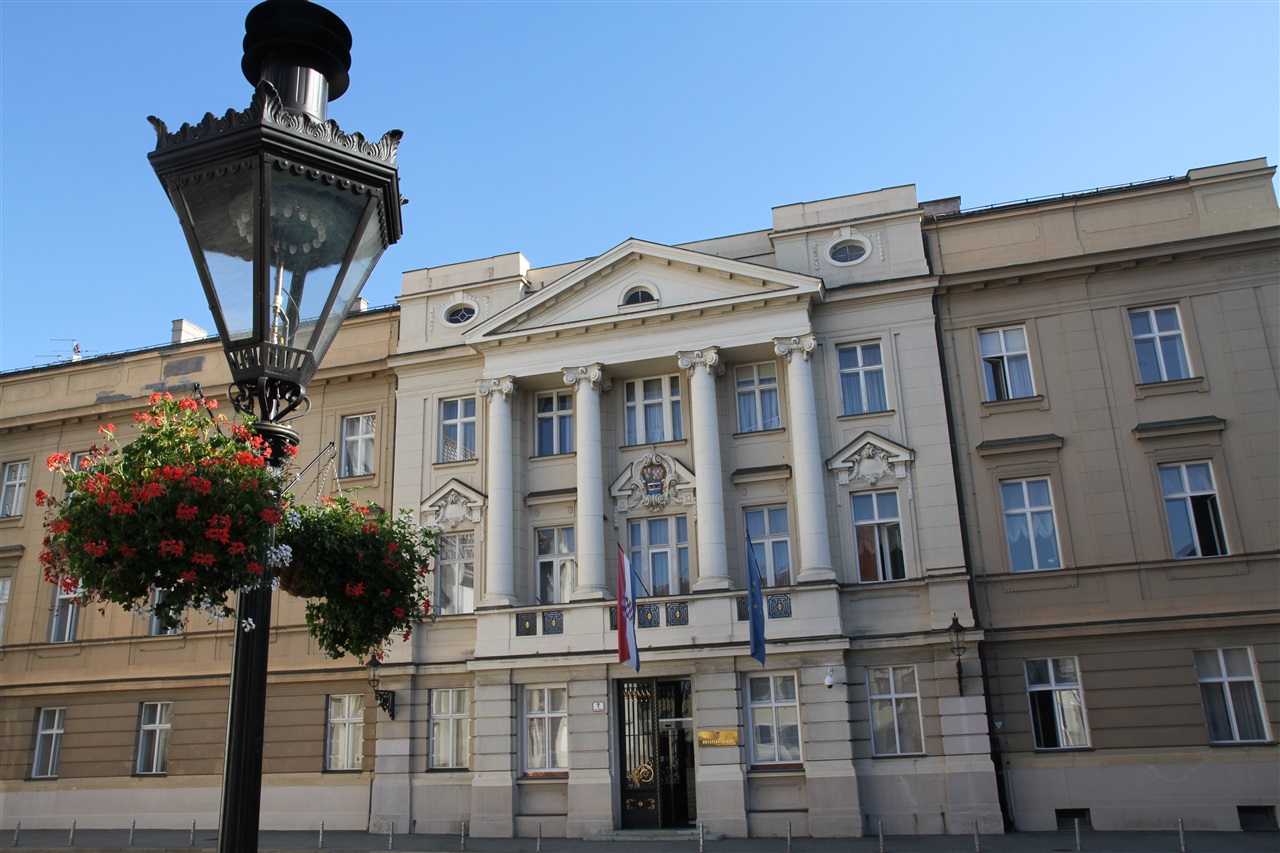
Zagreb - The Report was presented by the Minister of Foreign and European Affairs, emphasizing the unprecedented circumstances in which the first Croatian Presidency of the Council of the European Union took place, given the Covid-19 pandemic, but also the challenges associated with the migration crisis. The Presidency was also marked by the beginning of the EU’s new institutional cycle, the assumption of office of the new European Commission headed by President Ursula von der Leyen, and the withdrawal of the United Kingdom from the EU membership.
The priorities of the Croatian Presidency were divided into four key elements: i) A Europe that develops; ii) A Europe that connects; iii) A Europe that protects, and iv) An influential Europe, representing also thematic areas of the Croatian Presidency. The Presidency's slogan was entitled ‘A strong Europe in a world of challenges“. Hundreds of meetings and events were to be held in Croatia, mostly in Zagreb, as part of Croatia's Presidency of the EU Council. Meetings were held regularly until mid-March, when the outbreak of the Covid-19 pandemic caused the meetings to be phased out, and ultimately physical meetings were no longer held in Croatia.
However, the Croatian Presidency quickly adapted to the new situation, and the continuity of work was maintained through regular video conferences. In this sense, the Croatian Presidency was the first digital presidency in the history of the European Union. A video conference of the EU and Western Balkans leaders was held, at which a decision was made to open pre-accession negotiations with the Republic of Albania and the Republic of Northern Macedonia, which the Minister considers to be a great success of the Croatian Presidency.
The Minister of Foreign and European Affairs concluded by emphasizing the role of the Croatian Presidency in facilitating the repatriation of EU citizens at the beginning of the crisis caused by the Covid-19 pandemic.